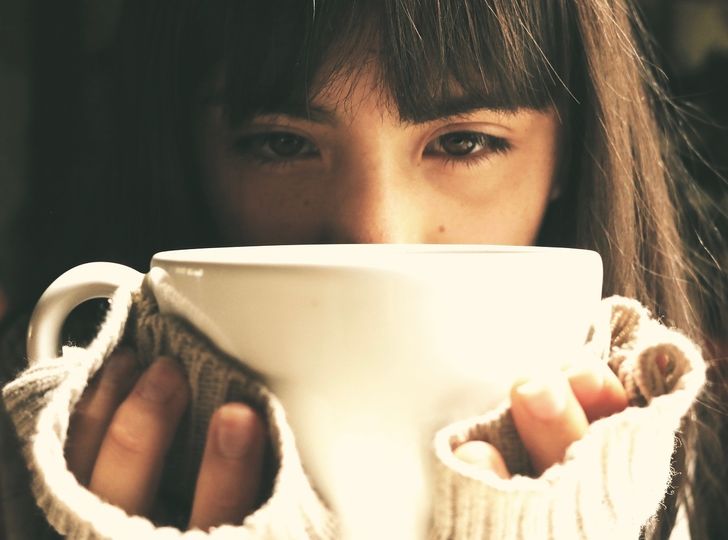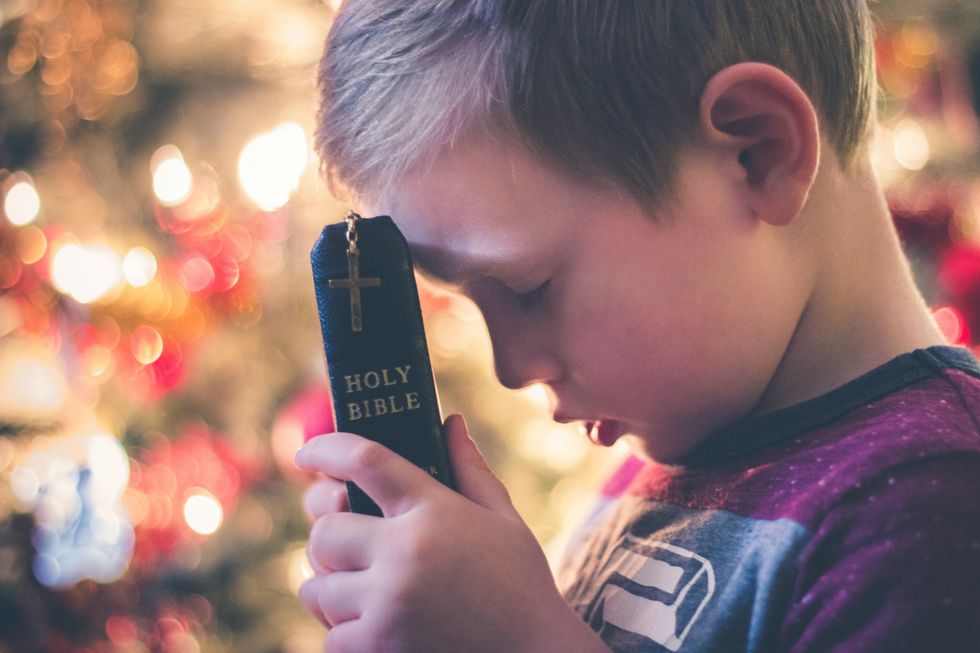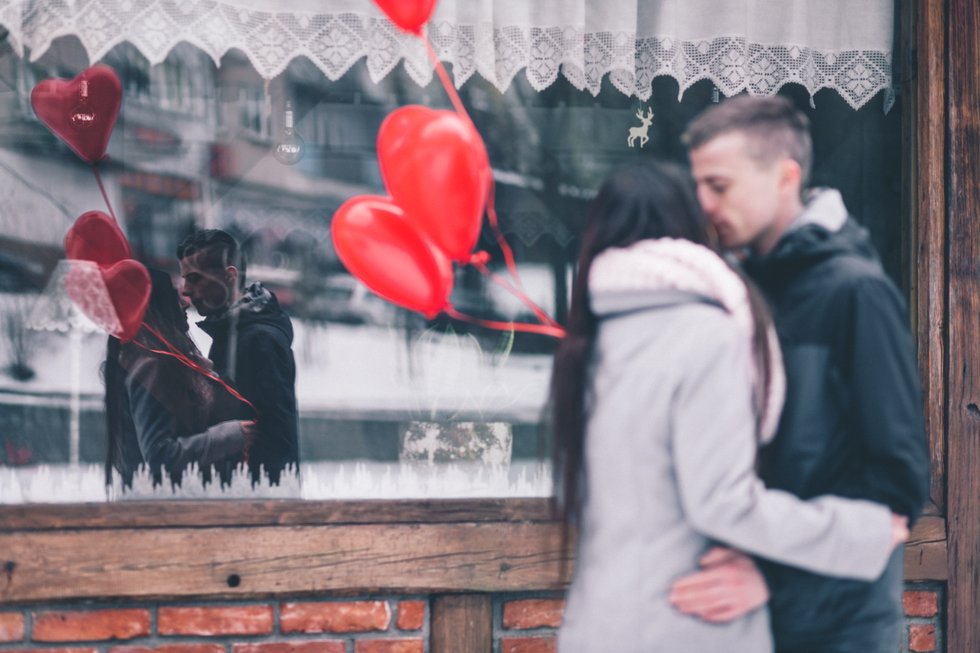On January 7, 2018, Johann Hari published an article in The Guardian titled "Is everything you think you know about depression wrong?" The author, Hari, calls for a new approach to our treatment of depression, as someone who took antidepressants himself for 13 years (something that didn't work for him).
The article begins with an exploration of the "grief exception." As many people who are grieving suffer symptoms of depression, in the 1970s, the authors of the Diagnostic and Statistical Manual (DSM) had this problem: "if they followed this guide, they had to diagnose every grieving person who came to them as depressed and start giving them medical treatment." For people who had lost a loved one in the past year, these symptoms were not a disorder - they were natural. The authors of the DSM called it the "grief exception."
As the years and decades since the 1970s passed, doctors came up with a different narrative. "All over the world, they were being encouraged to tell patients that depression is... produced by low serotonin, or a lack of some other chemical. It's not caused by your life - it's caused by your broken brain." Some doctors began to question how this narrative co-existed with the grief exception. Sometimes, the symptoms of depression are just a reasonable response to life circumstances, from losing a loved one to losing your job to being alone.
The grief exception would be whittled away, from a few months to such an extreme that "if your baby dies at 10 a.m., your doctor can diagnose you with a mental illness at 10:01 a.m. and start drugging you straight away."
Dr. Joanne Cacciatore, a professor at Arizona State University's School of Social Work, says this about how we talk about depression, mental illness, and suffering in general: we don't. To have a serious conversation and talk about them requires that we, as a society need to "stop treating the symptoms. The symptoms are a messenger of a deeper problem. Let's get to the deeper problem."
Hari himself had taken antidepressants for 13 years, going back to his doctor time and time again because he kept returning to his normal level of depression. His dose would increase from 20 milligrams to 30 milligrams, but the "pain [would] come back through once more." Eventually, his dosage went as high as 80 milligrams, and still, his depression wouldn't get too much better.
In researching this book, and in the context of his own experiences, Hari went on a 40,000 mile journey across the world to find what actually causes depression and anxiety. One professor, Irving Kirsch, found a fundamental flaw in the scientific evidence that 70% of people who took antidepressants got better. Many drug companies would fund a large number of studies and discard the studies showing that antidepressants don't work. One example was so extreme that a drug was given to 245 patients, but the drug company published results for only 27 of them. For those 27 patients, the drug worked. He would discover that the figure couldn't be right, and later discover that between 65% and 80% of people are depressed again in a year.
Let's take a quick stop and acknowledge this number. This means that medication and antidepressants are a long-term solution for 20 to 35% of depressed people, and they do work. But antidepressants "clearly can't be the main solution for the majority of us, because we're still depressed when we take them." Hari's article isn't trying to falsely dismantle the effectiveness of antidepressants and the veracity of the serotonin story - it just says that some people, and maybe even the majority of people, need something else, or just something more.
In Hari's research, he found that just as human beings have physical needs (according to Maslow's hierarchy of needs), so too do we have psychological needs, like feeling like we belong, like we're good at something, like we need to feel valued, like what we do matters. "There is growing evidence that our culture isn't meeting those psychological needs for many - perhaps most - people." I really resonated with this article because Hari is telling us that depressed and anxious people aren't crazy - there isn't anything wrong with them. Maybe they just have needs that aren't met. Maybe the problem, for most people, is not "a problem with their brains, but a problem with their environments."
Hari found anecdotal ways depression was treated in many local places, natural and lasting "antidepressants" that addressed the deeper problems behind different individuals' depression and anxiety. One family in Baltimore, the Mitchell family, was a prime example. Meredith Mitchell suffered severe anxiety, and hated her office job. Josh Mitchell and his friends were depressed, working in a bike store where they were ordered around with little to no power.
The Mitchells both quit their job and set up their own bike shop. They decided to run it as a democratic co-operative rather than a traditional bike shop, and they would "all, together, be the boss." The staff of this store, Baltimore Bicycle Works, explained to Hari how this environment allowed them to lift their overbearing depression and anxiety. Although they weren't doing much different, they met their previously unsatisfied psychological needs - "giving themselves autonomy and control over their work." For Josh Mitchell, depression and anxiety is not some sort of "biological break," but a "rational reaction to the situation." For Josh, the solution for many more people would be to "move together, as a culture, to workers controlling their own workplaces."
I think there are two keys and takeaways from Hari's article, the first of which is to not see anything wrong with suffering from the symptoms of mental illnesses. We feel as we do for perfectly normal reasons, and we are not "machines with malfunctioning parts. [We] are human being[s] with unmet needs." I have always felt that attributing feelings of being sad, lonely, and unfulfilled to biochemical imbalances was inherently reducing. Yes, a serotonin or other neurotransmitter imbalance is a part of it. But that's not all - many other pieces fit into the equation.
The second takeaway from the article is to do what works for you, and what fulfills your individual needs. I know that my unhappiest moments are when I feel alone, both socially and emotionally. Being amongst my friends and having fulfilling conversations are the two ways I fulfill my deep need for connection. The message from Hari is this: don't just treat your symptoms - address "the problem causing your depression in the first place."
For validation, the UN criticized the medicalization of depression on World Health Day in 2017, saying that "the dominant biomedical narrative of depression...is shortsighted and insufficient." It is spurred by "the biased and selective use of research outcomes." The biomedical approach that emphasizes the excessive use of medications "causes more harm than good, undermines the right to health, and must be abandoned." While the UN does not condemn the use of medications for treating severe depression or other mental health conditions (that it works for), the UN emphasizes a "shift in investments in mental health, from focusing on 'chemical imbalances' to focusing on 'power imbalances' and inequalities."
If Hari were to go back in time and speak to his teenage self, he would give this message to himself: "the pain you are feeling is not pathology. It's not crazy. It is a signal that your natural psychological needs aren't being met...It is telling you that you need to be connected in so many deep and stirring ways that you aren't yet - but you can be, one day."
If you were suffering and in pain, if you are suffering and in pain, do the same and remind yourself that there's nothing wrong with you - that you're not crazy. Find what really matters to you, for your life, and do what you can to reach it.



 Christmas and New Year gift card
Photo by
Christmas and New Year gift card
Photo by  butter cookies on plate
Photo by
butter cookies on plate
Photo by  boy holding Holy
boy holding Holy 










